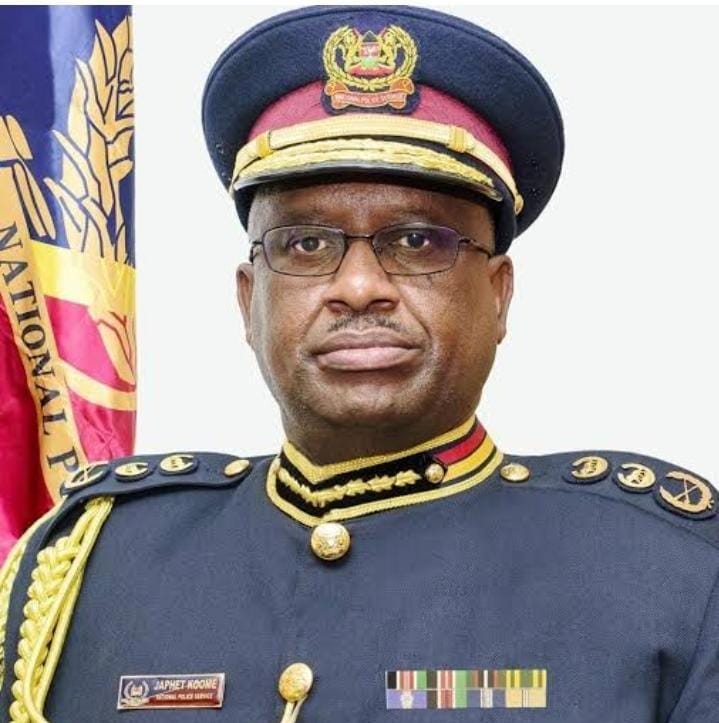
He or she does not set out to be a leader but becomes one by the quality of his actions and the integrity of his intent. Equally, they should not aim to protect their egos by insisting on their way.
The National Police Service Commission (NPSC) regulations stipulate that the deployment of officers, especially to critical departments, should be aligned with their skills, specialization, talents and qualifications.
Other experts have also proposed that career advancement in the police service should be determined by how effectively the officers control crime in their respective areas and the perception of members of public.
They also opine that the standards of promotion into leadership and management ought to reflect measurable past performance at the very least.
Even though the Inspector General of Police Japhet Koome may have what it takes to lead the service, he clearly got off on the wrong foot. His has literally been thrust into a fire courtesy of the endless banditry attacks, Azimio protests and now the Shakahola Cult massacre.
As a general rule, the lives or safety of Kenyans and their properties have firmly been placed in the hands of the police. Consequently, it is incumbent on them to take timely and reasonable steps to protect them at all costs.
The failure of police to act, for example, during the apparently well-planned raid at former President Uhuru Kenyatta family’s Northlands farm along the Eastern bypass in Kiambu County badly tainted the image of the service.
As expected Koome as IG will always be loyal to the national executive, despite his office being independent.
This however does not mean that the police boss should get into unnecessary confrontations by the opposition which have now landed his name at the International Criminal Court (ICC) at The Hague.
Secondly, all officers must know that they will be personally liable for following unlawful orders whether they came from the IG or whoever it is in the command system.
According to Section 51 of the National Police Service Act, officers should only obey lawful commands in respect of the execution of the duties of office, from their superiors in the Service.
It further states that no action can be taken against any officer who fails to comply with an unlawful order.
A good example is when the Director of Public Prosecutions (ODPP) directed that the 12 police commanders who served in Kisumu in 2017 be charged for the death of Baby Pendo. According to the ODPP, the attacks were committed by or under the authority of senior national police officers.
As a career officer with more than 30 years’ of experience, I am sure that Koome knows all these regulations very well. Yet his public utterances in the last few months since he was appointed IG show that he is either ignoring the regulations or wants to return Kenya to the past.
The IG might have said that he is not afraid of ICC but it is high time he took note that he got off on the wrong foot and should focus on making the service more professional and accountable.
The writer is the Chairman of Crime Journalists Association of Kenya (CJAK)
Want to send us a story? Contact Shahidi News Tel: +254115512797 (Mobile & WhatsApp)


